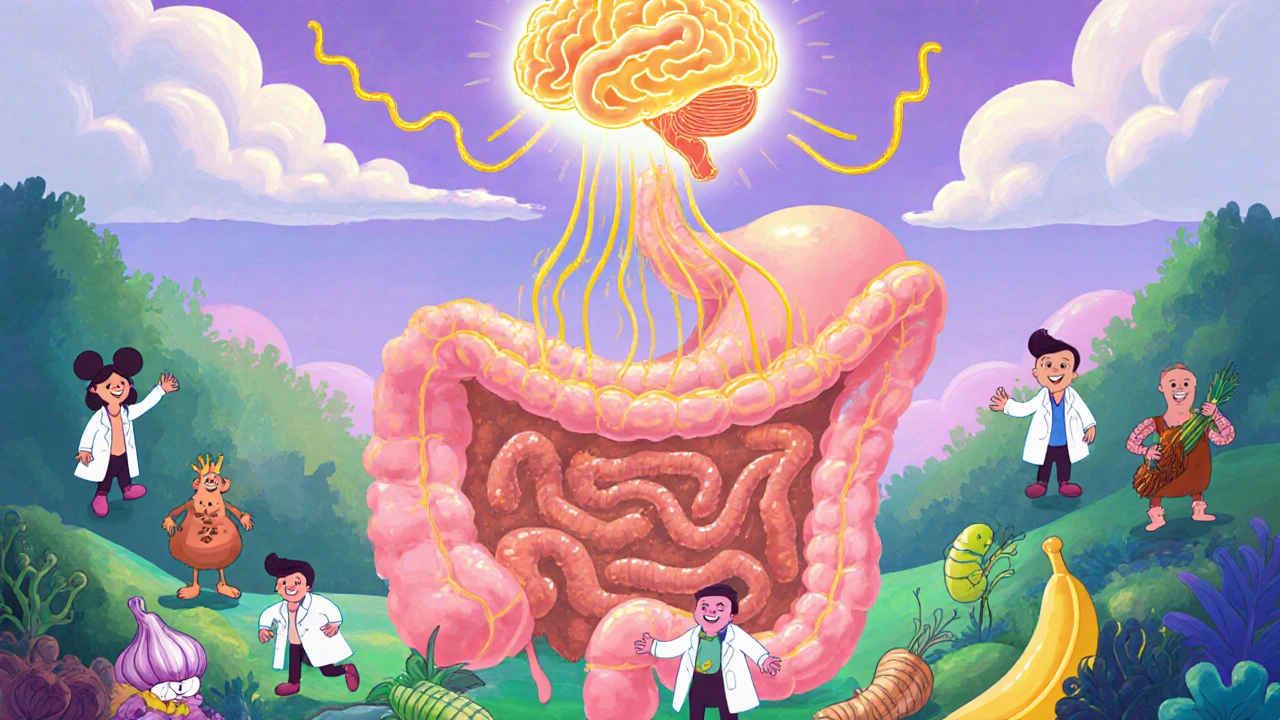Cortisol: What It Does, Why It Matters, and How It Affects Your Health
When your body senses danger—whether it’s a looming deadline, a bad night’s sleep, or chronic worry—it releases cortisol, the primary stress hormone produced by the adrenal glands that regulates metabolism, immune response, and brain function. Also known as the stress hormone, cortisol isn’t bad by itself—it’s essential for survival. But when it’s stuck on high for weeks or months, it starts breaking down your health from the inside.
Cortisol doesn’t work alone. It’s tied to your adrenal glands, small organs on top of your kidneys that produce hormones including cortisol, adrenaline, and aldosterone, and it interacts with your sleep cycle, blood sugar, and even your gut. Too much cortisol over time can lead to weight gain—especially around the belly—trouble sleeping, weakened immunity, and mood swings. It’s also linked to conditions like insulin resistance and high blood pressure. And here’s the catch: you might not even realize your cortisol is out of balance. Unlike a fever or a rash, high cortisol doesn’t scream for attention. It whispers—through fatigue, brain fog, or cravings for sugar and carbs.
Many of the posts below dig into how medications and lifestyle choices affect cortisol indirectly. For example, some painkillers and antidepressants can alter your body’s stress response. Others, like thyroid meds or blood pressure drugs, may shift how your body handles cortisol’s effects. Even something as simple as coffee or chocolate can interfere with cortisol timing, especially if you’re already stressed. You’ll find real-world insights on how to spot the signs of imbalance, what to ask your doctor about, and how everyday habits—sleep, diet, movement—can help reset your system.
There’s no magic pill to fix cortisol. But understanding how it works—and how it’s connected to everything from your liver to your mood—gives you power. The posts here don’t promise quick fixes. They give you facts, comparisons, and practical steps to take control before stress starts rewriting your health.

